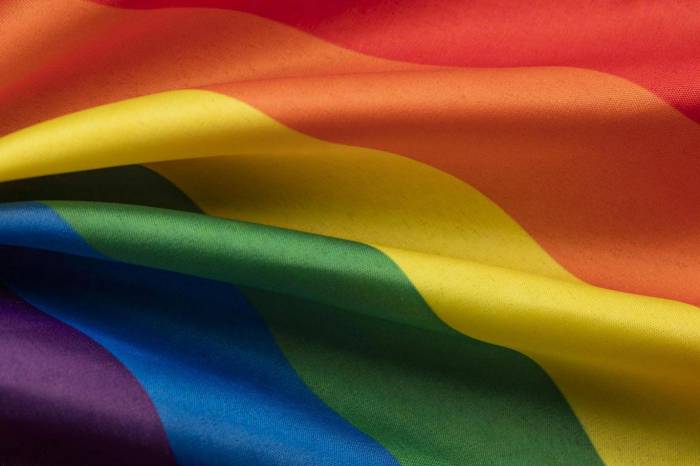The analysis by the University of Manchester suggested that people who were black, south Asian or religious were still far more likely to think homosexuality was wrong.
Based on a National Survey of Sexual Attitudes and Lifestyles in 2010 it said a person's religion and ethnicity was now more strongly associated with their attitude towards homosexuality than their level of education.
But it also concluded that British society may be reaching “peak acceptance”.
The statistics showed that in 2010, 58 per cent of black and south Asian 16- to 44-year-olds believed same-sex relationships were always wrong - down from 67 per cent in 1990.
That compared with just 12 per cent among white respondents in the same age group (down from 46 per cent 20 years earlier).
Suki Sandhu, the chief executive and founder of head-hunting company Audeliss and membership organisation Involve, said: “It worries me if where we are now is peak tolerance; we’ve made great progress but we still have a long way to go.
“With all of the amazing work many groups are doing to encourage understanding and cohesion, it’s offensive to suggest that this will decline and I choose to hope that things can only get better.”
Mr Sandhu’s companies work to promote LGBT+ and ethnic-minority employees and he said they are seeing increased representation.
“Let’s not forget that you can be both religious/ethnic minority and LGBT+; these intersections are what makes ‘diversity and inclusion’ all the more complex and challenging.”
He added: “We should be celebrating our differences and I am hopeful that we will get there eventually with the hard work that many communities are doing to build bridges.
The report said: “We show that religiosity and ethnicity became more associated with homonegativity between 1990 and 2010, with religiosity replacing education as the characteristic most strongly associated with it.”
The study also said that in 2010, 60 per cent of the age group who attended religious services at least once a week viewed homosexuality as always wrong - down from 68 per cent in 1990. This compared with just 11 per cent who were not religious - down from 43 per cent in 1990.
The report’s authors pointed out that there has been a huge shift in opinion since 1990, but that changes to views may now be slowing.
Laura Watt, one of the authors, said she was not making value judgments but reporting statistics, and was concerned by an apparent slowdown in tolerance since the 1990s when there were big shifts in attitudes.
“The report doesn’t suggest we’ve yet reached peak acceptance – I’m very optimistic,” she said. “I’m concerned because there has been a slowing down between 2000 and 2010.”
Among all groups regardless of race there was a slowing-down but the tapering off was more extreme among non-white and religious groups, she said.
“My concern is that we sit back and say we’ve got same-sex marriage and equality, and relax but this survey was among 16- to 44-year-olds and beyond that age there could be less tolerance.”
The Independent
More about: lgbt
















































